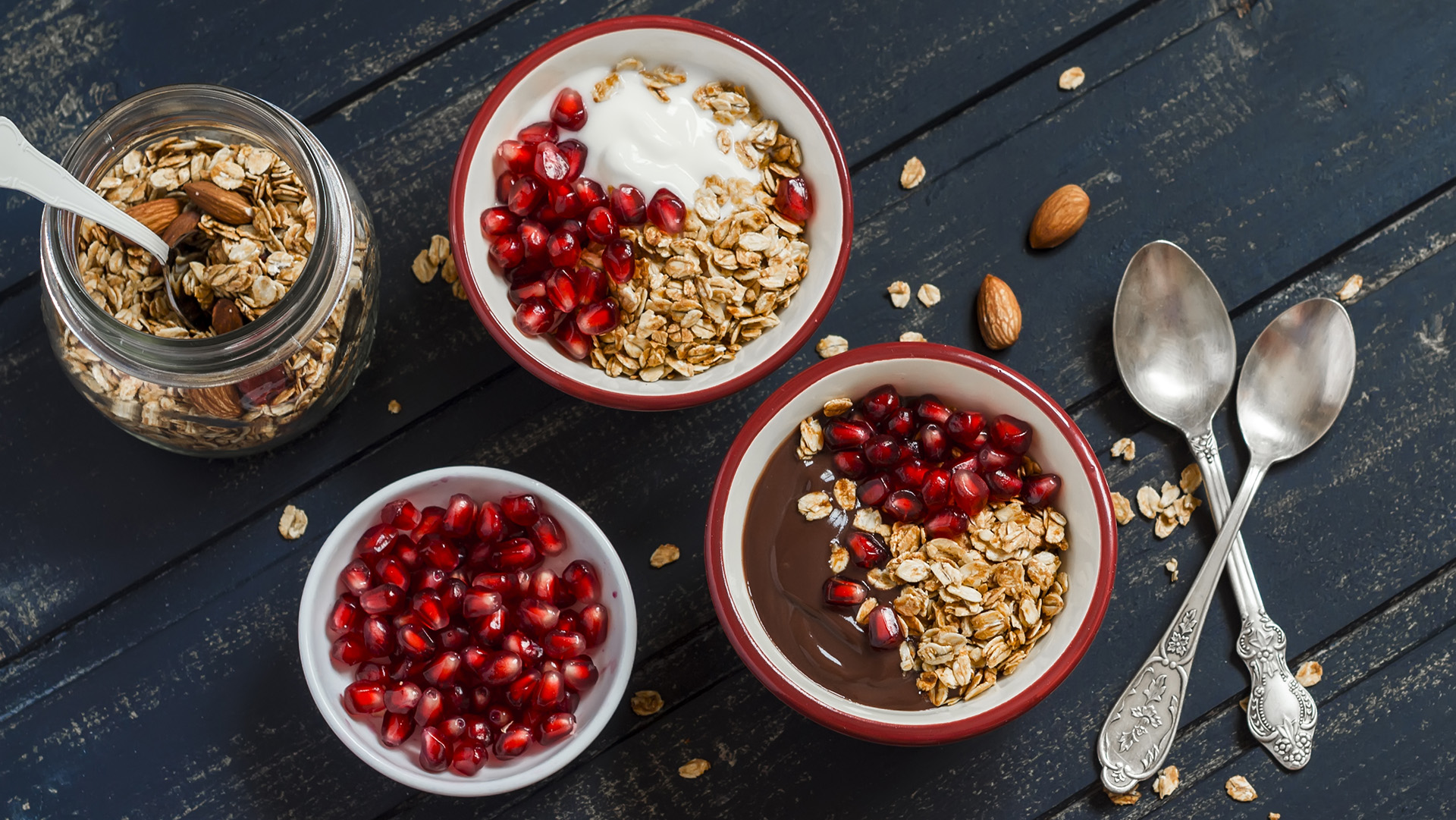-
We each have a daily kilojoule ‘budget’ that can be estimated based on our age, weight, height and our general activity level. This budget can be increased if you want to gain weight, or decreased if your aim is to lose weight.
So how many kilojoules should you eat per day?
Use our calculator to find out.
Working out your daily kilojoule budget
Even at rest, your body burns energy (kilojoules/calories) as it fights infection, keeps your organs functioning, keeps your body temperature stable, and breaks down, recycles and rebuilds hormones, enzymes, cells and other essential components of body systems. This energy requirement for essential body functioning is called Basal Metabolic Rate (BMR) and is calculated based on your weight, height, and age. (If overweight, the best estimate of BMR is calculated using an ideal weight for height, rather than actual weight).
Once you start moving, your metabolism increases as you need extra kilojoules to fuel your muscle activity. That means your Estimated Energy Requirement is a combination of your BMR and your average activity level. This is only a guide as each body is different and activity levels can vary significantly from day to day.
- If you keep to your budget, and the kilojoules you consume balance the kilojoules your body burns each day, your weight will stay the same.
- If you consume excess kilojoules, this energy is stored as excess body weight.
- If you under-consume kilojoules, your body uses up your body energy stores, resulting in weight loss.
When your goal is to lose weight, reducing your daily kilojoule intake by around 2100 kJ each day will help you slowly but surely achieve a healthy weight.
Spending your daily kilojoule budget
Once you have calculated your kilojoule budget, you can focus on the quality and quantity of food and drinks you choose. Ideally, the majority of your kilojoules should be spent on food essentials – the whole foods, rich with nutrients needed by our bodies for good health. Any of the leftover budget can be spent on small amounts of low nutrient foods and drinks – the treats, the empty calorie choices, takeaway and indulgence foods.
References/more information
Nutrient Reference Values for Australia and New Zealand
Australian Government Department of Health report
How many kilojoules should you eat per day?

-
How is ‘phubbing’ hurting your relationships?
Here’s how to stop phubbing and be more mindful of your phone habits, to help improve face to face interactions with your family and friends.
-
Are the winter blues real?
Simple ways to boost your mood in winter.
-
Mental fitness explained
Just as you work to strengthen your body, your mental health deserves attention and exercise too.
-
Signs it's time to visit the dentist
Nobody wants to go. But there are good reasons to – promise.
-
The link between stress, anxiety and jaw pain
Physiotherapist Michael Chan explains how stress and anxiety can cause jaw pain, and how to help get some relief.
-
When you can't sleep next to your partner
You love everything about them – except their sleep habits.
Subscribe to receive the best from Live Better every week. Healthy recipes, exercise tips and activities, offers and promotions – everything to help you eat, move and feel better.
By clicking sign up I understand and agree to Medibank's privacy policy





.jpg)
